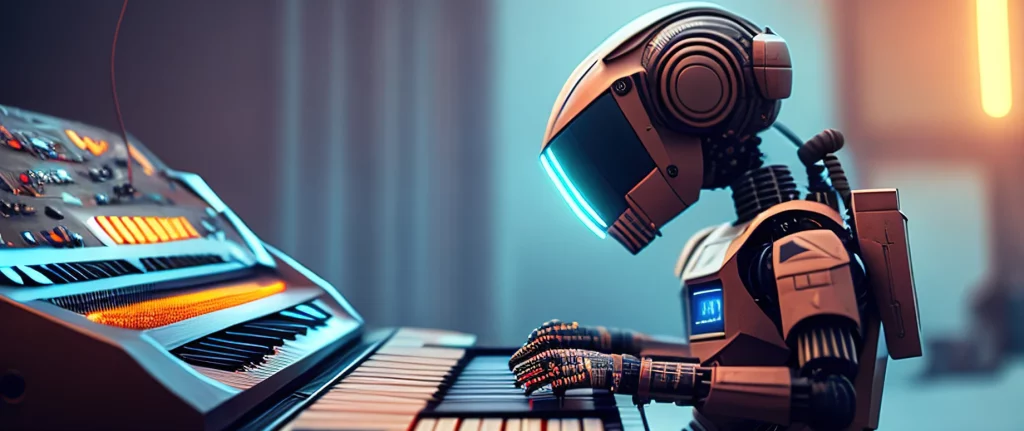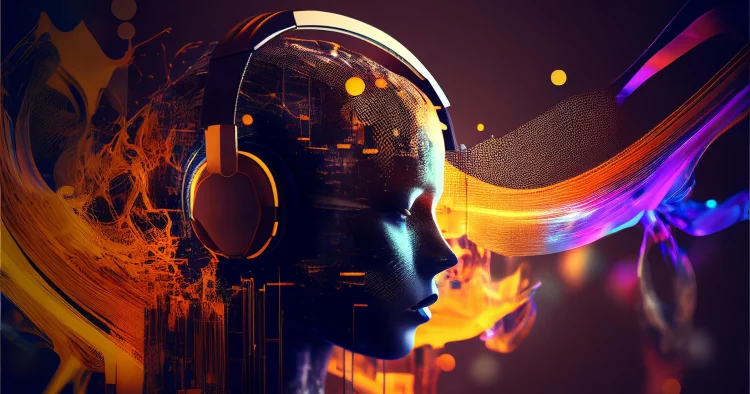Introduction to the Future of Sound
On November 25, 2024, NVIDIA, the titan in the semiconductor industry, showcased its innovative AI model, Fugatto, designed for music and audio generation. This pioneering technology allows users to modify and create new audio based on textual prompts, although NVIDIA has yet to officially release the Fugatto technology. Industry insiders suggest that the introduction of this model serves primarily as a demonstration of AI capabilities, strategically aimed at boosting the sales of NVIDIA’s graphics cards.
A New Paradigm for Creatives
Targeting stakeholders in the music, film, and gaming sectors, Fugatto offers a transformative tool for creators. Its versatile functionalities include altering the accents and emotional tones of recordings, and even converting a piano performance into a vocal rendition. Specifically, Fugatto can isolate vocals from songs, introduce instrumental backgrounds, and even replace a piano with an operatic singer to create harmonious variations. NVIDIA claims that this model can generate “unheard sounds,” with capabilities such as mimicking a trumpet to bark or a saxophone to meow.
Technological Foundations
Fugatto represents the culmination of extensive research by NVIDIA’s team in areas such as voice modeling, audio coding, and audio comprehension. The comprehensive version of the model comprises a staggering 2.5 billion parameters and has been trained using an expansive open-source dataset on a supercomputing system equipped with 32 NVIDIA H100 Tensor Core GPUs.
NVIDIA’s researchers curated millions of audio samples to craft detailed instructions, expanding the model’s operational tasks and enhancing its performance accuracy without necessitating additional data for novel tasks. During the inference process, Fugatto employs a technique called ComposableART, allowing it to merge instructions that were viewed independently during training. This provides users with fine-tuned control over text prompts, such as eliciting a sad narrative delivered with a French accent.
Revolutionizing the Audio Landscape
Reflecting on the evolution of synthesized audio over the past five decades, Bryan Catanzaro, NVIDIA’s Vice President of Applied Deep Learning Research, remarked, “Today’s music sounds different than before due to computers and synthesizers.” He emphasized that generative AI like Fugatto will empower musicians, gamers, and everyday creators to explore new realms of creativity.
Public Reactions and Ethical Concerns
While many users eagerly await access to Fugatto, concerns have also surfaced about the implications of such technology. Some voices in the online community have raised alarms, labeling the creation of AI-generated music as a “grave offense” and suggesting that those involved in its development ought to face serious consequences for infringing upon artistic integrity.

NVIDIA has acknowledged these concerns and is deliberating how and whether to publicly release the model. The creators of generative AI technologies are still grappling with measures to mitigate potential misuse, such as generating misleading information or producing copyrighted characters inappropriately. “Any generative technology poses risks, as individuals may use it to create outputs that are unwelcome,” Catanzaro cautioned, underlining the need for responsible management of such developments, which is why an immediate release has not occurred.
Competition in the AI Audio Sphere
It is worth noting that apart from NVIDIA’s Fugatto, other companies such as Stability AI, OpenAI, and Google DeepMind are also developing audio creation tools. However, these alternative technologies have yet to make claims of producing entirely new and previously unheard sounds. Some AI startups have already faced copyright lawsuits related to their music creation tools, underscoring the challenges of navigating the creative landscape in the age of artificial intelligence.
Conclusion
As we stand on the brink of a new audio revolution, Fugatto symbolizes not just technological advancement, but also the continuous dialogue surrounding creativity, ethics, and the potential future of music and sound. The impactful capabilities of AI in this realm offer exciting opportunities, while simultaneously demanding a conscientious approach to its integration into the arts.











































Discussion about this post